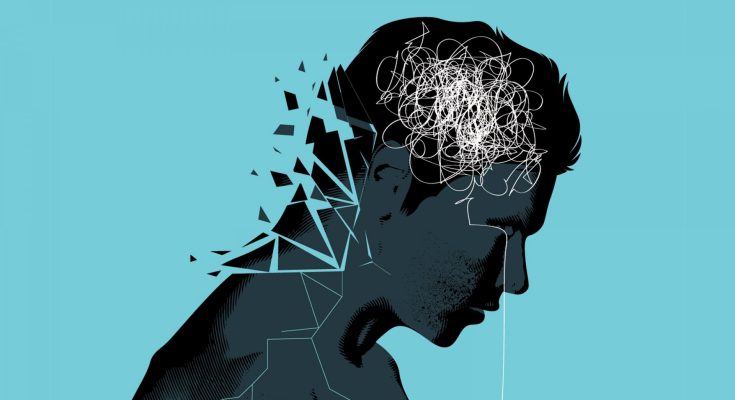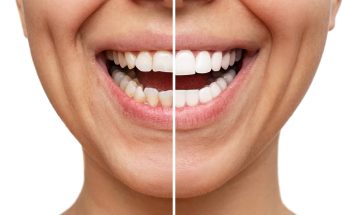Mental health involves your social, psychological, and emotional well-being and is vital to your overall health. Most people look out for their physical health and may not reckon the impact of mental health Houston in their everyday life. Your mental health affects your thoughts, feelings, and behavior. It also helps determine how to make healthy choices, handle stress, and relate to others—mental health matters at every stage of life, from childhood and teen years through adulthood. Below are common mental disorders that mental health professionals treat.
Anxiety
Anxiety disorder causes an individual to have intense and persistent worry or apprehension about everyday situations. While it is normal to be anxious once in a while, anxiety disorders cause intense fear that is difficult to control. These feelings of worry usually interfere with life quality since a person may avoid places or situations to avoid feeling anxious. Anxiety symptoms may vary depending on the type of disorder one has but common signs, and symptoms include:
- Breathing rapidly
- Feeling restless or tense
- Sweating
- Trembling
- Feeling weak or tired
- Increased heart rate
- A sense of impending panic or doom
Professionals recommend seeking help if the worry interferes with your relationships, work, and other aspects of your life.
Depression
Depression is a common mental illness affecting about 3.8% of the population, the majority being adults older than 60. It is characterized by overwhelming sadness, irritability, and loss of hope, causing the affected individual to suffer and function poorly at work, school, and family. When left unresolved or uncontrolled, depression can lead to suicide. People with this disorder experience depressive episodes, which can be categorized as mild, moderate, or severe depending on the severity of symptoms and impact on the individual’s functioning. During a depressive episode, one feels sad, irritable, empty, and loses interest in activities for most of the day.
The good news is that there are effective treatments for depression; they include cognitive behavioral therapy and antidepressant medications.
Post-traumatic stress disorder
Post-traumatic stress disorder is usually triggered by experiencing or witnessing a terrifying or tragic event. For this mental disorder, an individual may have flashbacks, nightmares, severe anxiety, and uncontrollable thoughts about the event. Most of the time, people who go through traumatic events have difficulty coping and adjusting but with time and self-care, they usually get better. However, with PTSD, the symptoms worsen and last for months or even years, interfering with your daily functioning.
Anyone that goes through, witnesses, or learns about a tragic event can develop post-traumatic stress disorder. However, some factors make others more likely to develop PTSD after a traumatic event. For example, someone who experienced childhood abuse is likely to develop PTSD. Healthcare professionals recommend getting effective treatment to reduce symptoms and improve function.
Obsessive-compulsive disorder
Obsessive-compulsive disorder involves patterns of unwanted thoughts and repetitive behaviors that interfere with daily activities and cause significant distress. In the efforts to ignore or stop the obsessions, a person experiences more distress and anxiety. Eventually, you need to perform compulsive acts to ease your stress.
Looking out for your mental health is essential as taking care of your physical health. Book a session with your specialist at Houston Medical-Mental Health Clinic to learn more about your mental health.




